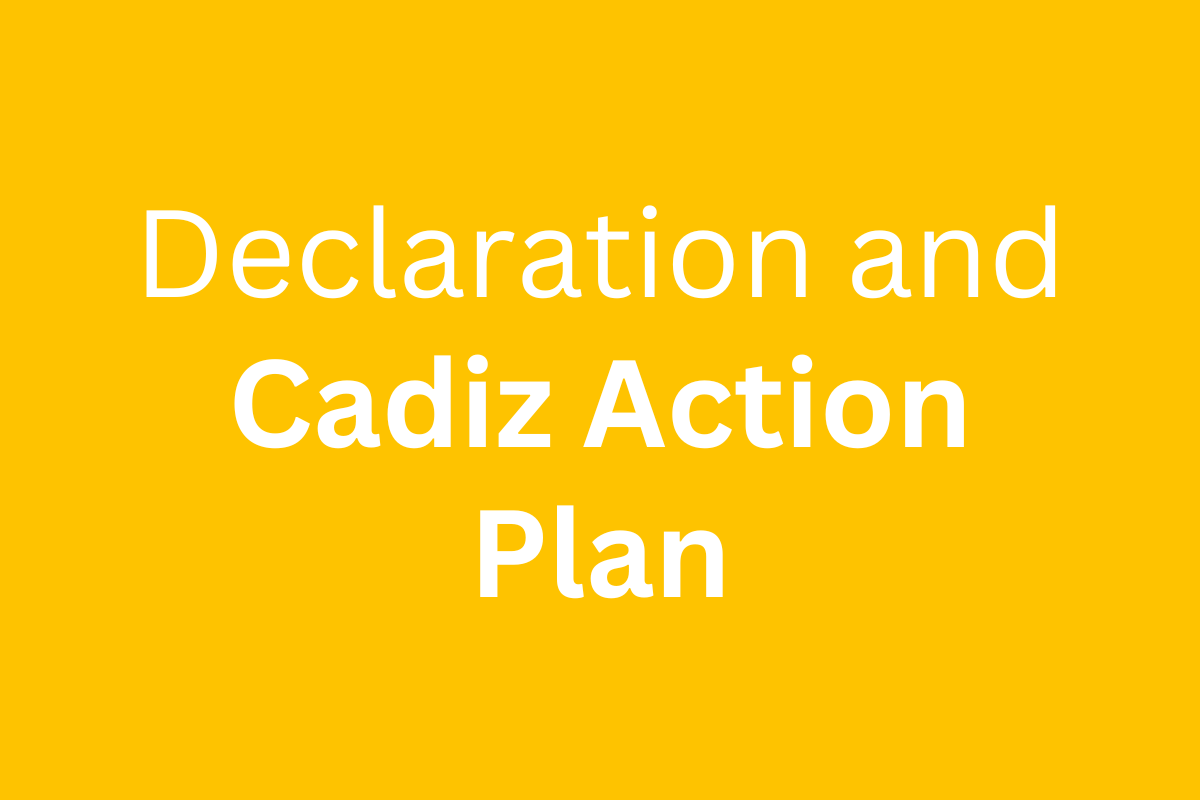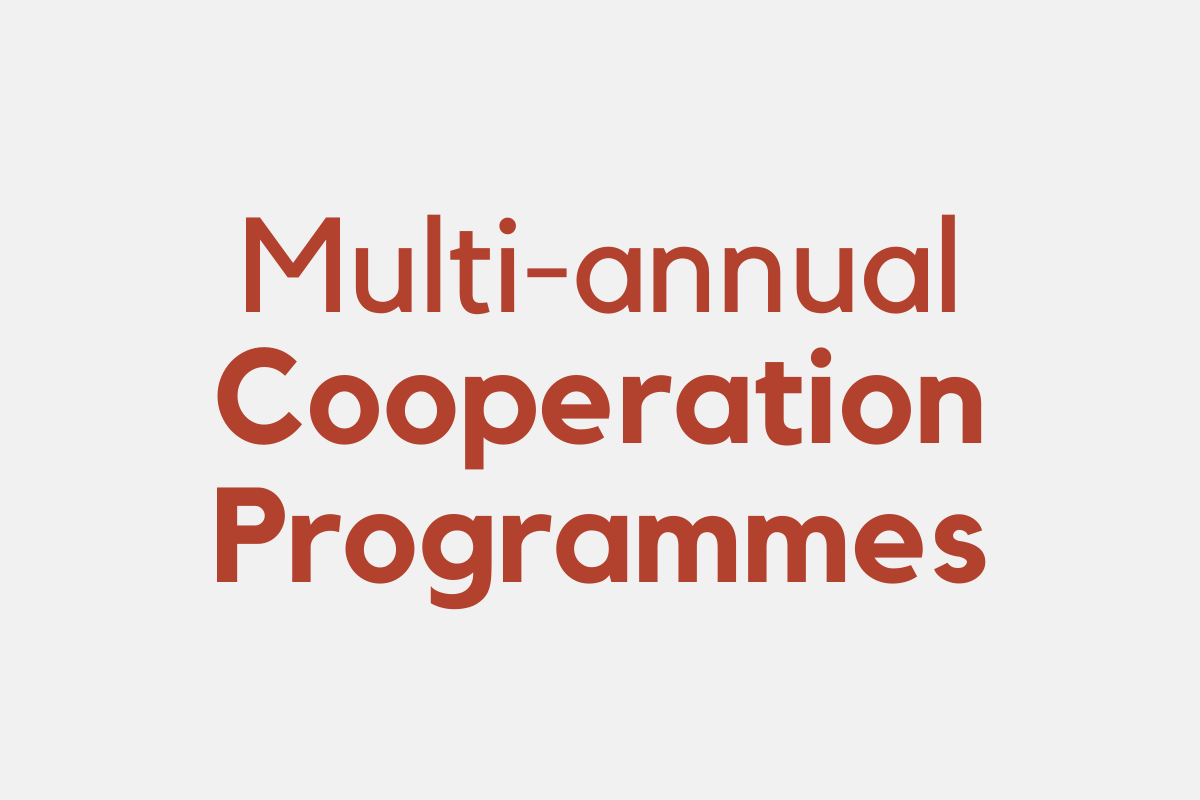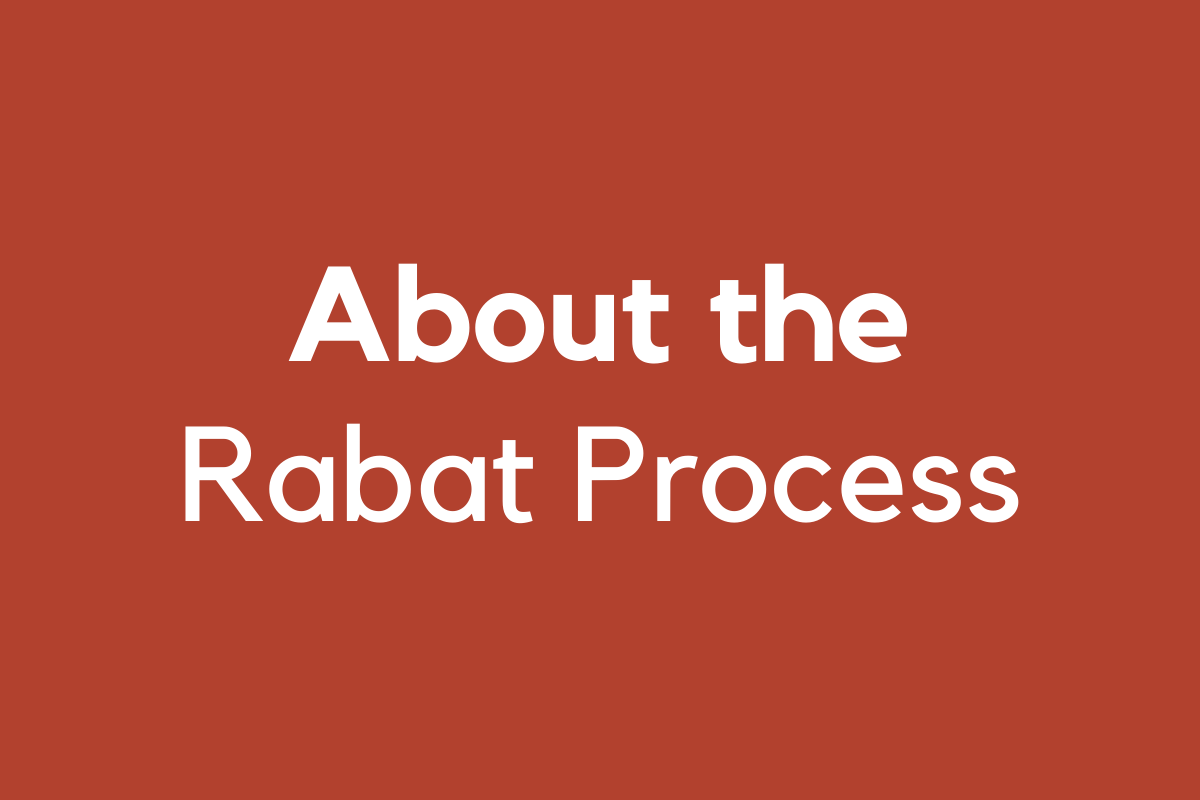The Euro-African Dialogue on Migration and Development, known as the Rabat Process, brings together 57 state partners and key stakeholders to foster open discussions on migration and development in a spirit of partnership. Primarily a platform for dialogue among national authorities and regional organisations, the Rabat Process also includes international organisations as observers. Civil society organisations, academics, think tanks, and the private sector are becoming more involved in the Dialogue, valued for their specialised knowledge and expertise that enrich the conversation.
More than 60 stakeholders
The core stakeholders consist of 57 European and African partner and observer countries, along with the European Union (EU) and the Economic Community of West African States (ECOWAS). In addition, four international organisations hold permanent observer status: International Committee of the Red Cross (ICRC), International Organization for Migration (IOM), United Nations Office on Drugs and Crime (UNODC), United Nations Refugee Agency (UNHCR). Other key stakeholders, such as civil society, diaspora and academia, also contribute to the Dialogue. While they do not hold official observer status, they often participate in meetings on an ad hoc basis.
28
African countries
29
European countries
2
partner organisations
4
permanent observers
Country profiles
Click on the map to consult the profiles of the countries that are members and observers of the Rabat Process:



African partner countries
European partner countries

























































Key actors
There are four types of key actors that contribute each in a specific way to the success of the Rabat Process:
Find out more about the role of these actors and learn about the governance structure of the Rabat Process here: Key stakeholders and governance





